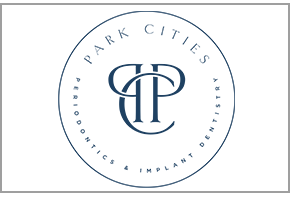Periodontal maintenance is long-term supportive program that is designed to keep your gums and supportive structures healthy after you have been treated for periodontal disease. When you are committed to a conscientious oral care routine at home and regularly scheduled periodontal maintenance care with Dr. Tomlin, you will improve the chances that you will keep your teeth for the rest of your life.
Understanding the Importance of Supportive Periodontal Maintenance
Periodontal disease is an ongoing condition that can be controlled but not completely ‘cured’. However, with the continued support of your general dentist and our experienced periodontal team, the disease can be well-controlled and your condition can improve considerably.
Even after we have treated you for periodontal disease, the toxins from bacterial plaque can begin to attack your gums and bone from the moment that you walk out of our office. We’ll teach you some personalized techniques to manage the plaque accumulation at home, but we’ll also recommend that you return to our office periodically so that we can monitor your progress, check for hidden problems, and thoroughly remove additional buildup.
More than Just a Cleaning
The presence of periodontal disease influences the type of dental care that is necessary to preserve your health. These visits do not replace the regular dental checkups that your dentist provides, instead we will perform additional specialized services to monitor and preserve the health of your supportive tissues. Your maintenance visits may include one or more of the following:
- A review of your health history
- An evaluation of the oral tissues to identify abnormal changes
- Measurement of the gums and periodontal pockets around the teeth
- Personalized oral hygiene guidance, instructions, and support
- Thorough removal of tartar and bacterial plaque
- Digital x-ray imaging of the teeth and the supporting bone
- Identification of cavities and other dental problems
- An evaluation of your bite relationship
- Treatments or prescriptions of medications to address sensitive teeth, to prevent tooth decay, or to control localized infections.
The frequency of these visits will depend upon your specific needs, and the details of your care will be shared with your general dentist for consistency.
Learn more about the benefits and importance of periodontal maintenance by contacting our office today.
